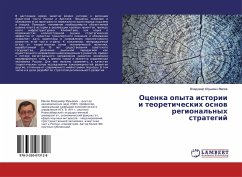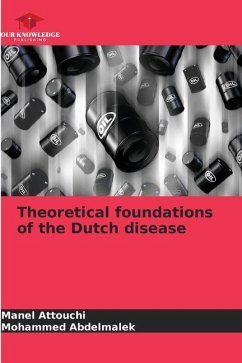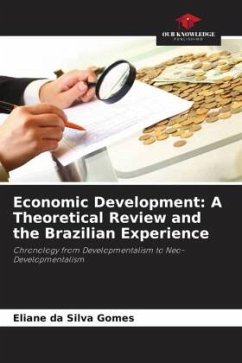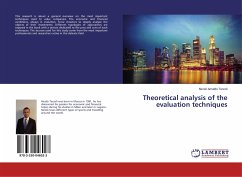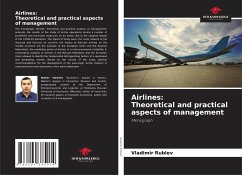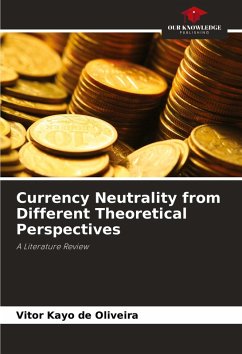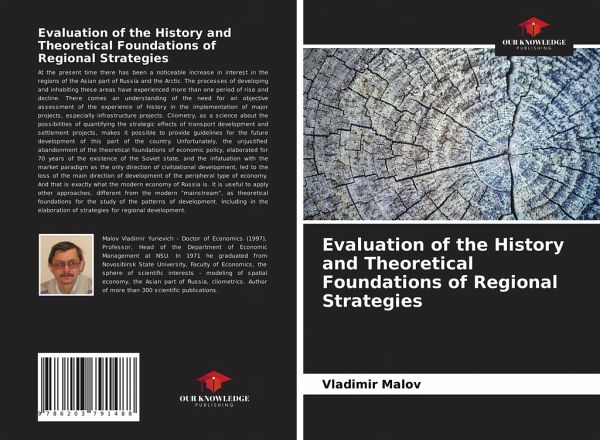
Evaluation of the History and Theoretical Foundations of Regional Strategies
Versandkostenfrei!
Versandfertig in 6-10 Tagen
19,99 €
inkl. MwSt.

PAYBACK Punkte
10 °P sammeln!
At the present time there has been a noticeable increase in interest in the regions of the Asian part of Russia and the Arctic. The processes of developing and inhabiting these areas have experienced more than one period of rise and decline. There comes an understanding of the need for an objective assessment of the experience of history in the implementation of major projects, especially infrastructure projects. Cliometry, as a science about the possibilities of quantifying the strategic effects of transport development and settlement projects, makes it possible to provide guidelines for the ...
At the present time there has been a noticeable increase in interest in the regions of the Asian part of Russia and the Arctic. The processes of developing and inhabiting these areas have experienced more than one period of rise and decline. There comes an understanding of the need for an objective assessment of the experience of history in the implementation of major projects, especially infrastructure projects. Cliometry, as a science about the possibilities of quantifying the strategic effects of transport development and settlement projects, makes it possible to provide guidelines for the future development of this part of the country. Unfortunately, the unjustified abandonment of the theoretical foundations of economic policy, elaborated for 70 years of the existence of the Soviet state, and the infatuation with the market paradigm as the only direction of civilizational development, led to the loss of the main direction of development of the peripheral type of economy. And that is exactly what the modern economy of Russia is. It is useful to apply other approaches, different from the modern "mainstream", as theoretical foundations for the study of the patterns of development. Including in the elaboration of strategies for regional development.
At the present time there has been a noticeable increase in interest in the regions of the Asian part of Russia and the Arctic. The processes of developing and inhabiting these areas have experienced more than one period of rise and decline. There comes an understanding of the need for an objective assessment of the experience of history in the implementation of major projects, especially infrastructure projects. Cliometry, as a science about the possibilities of quantifying the strategic effects of transport development and settlement projects, makes it possible to provide guidelines for the future development of this part of the country. Unfortunately, the unjustified abandonment of the theoretical foundations of economic policy, elaborated for 70 years of the existence of the Soviet state, and the infatuation with the market paradigm as the only direction of civilizational development, led to the loss of the main direction of development of the peripheral type of economy. And that is exactly what the modern economy of Russia is. It is useful to apply other approaches, different from the modern "mainstream", as theoretical foundations for the study of the patterns of development. Including in the elaboration of strategies for regional development.
At the present time there has been a noticeable increase in interest in the regions of the Asian part of Russia and the Arctic. The processes of developing and inhabiting these areas have experienced more than one period of rise and decline. There comes an understanding of the need for an objective assessment of the experience of history in the implementation of major projects, especially infrastructure projects. Cliometry, as a science about the possibilities of quantifying the strategic effects of transport development and settlement projects, makes it possible to provide guidelines for the future development of this part of the country. Unfortunately, the unjustified abandonment of the theoretical foundations of economic policy, elaborated for 70 years of the existence of the Soviet state, and the infatuation with the market paradigm as the only direction of civilizational development, led to the loss of the main direction of development of the peripheral type of economy. And that is exactly what the modern economy of Russia is. It is useful to apply other approaches, different from the modern "mainstream", as theoretical foundations for the study of the patterns of development. Including in the elaboration of strategies for regional development.



